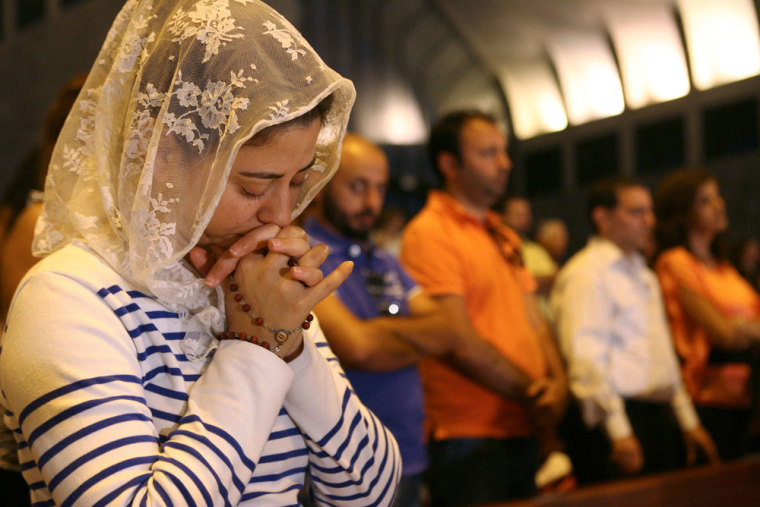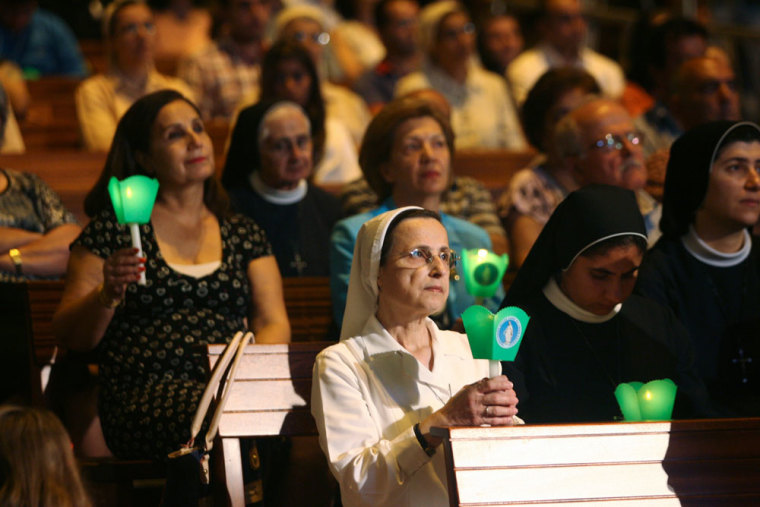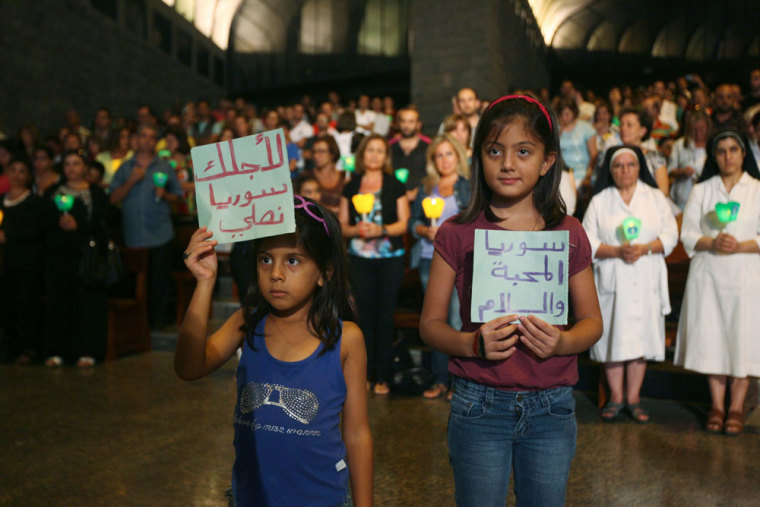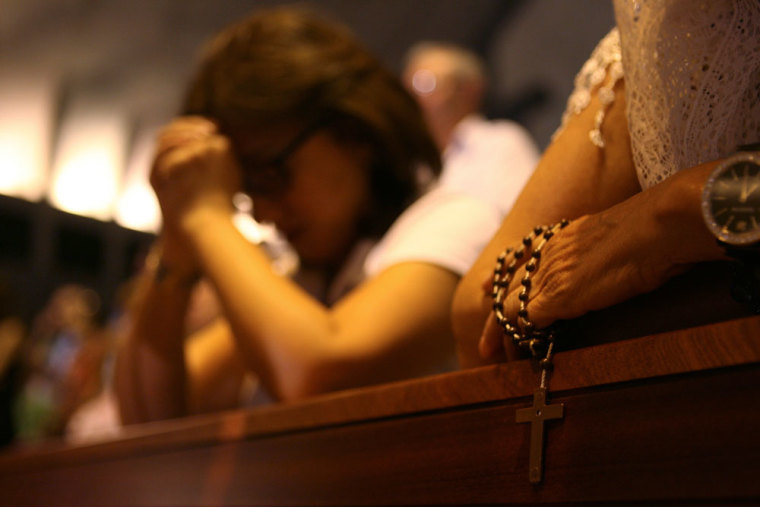Over 50,000 Books Burned in Christian Library in Lebanon Over Blasphemy Claim; US Leader Says 'Violent Hysteria' Spreading in Muslim World
American leaders denounced the burning of a Christian leader's library in Tripoli, Lebanon, last Friday night as based on false pretenses and said it's a threat to religious liberty.
"The really bad news is that this is not out of the ordinary," Robert P. George, chair of the United States Commission on International Religious Freedom (USCIRF), told The Christian Post in an interview on Monday. George emphasized the need to advocate for religious freedom across the world to prevent attacks like this one.
The Friday night fire burned two-thirds of some 80,000 books and manuscripts in the Al-Saeh library owned by Greek Orthodox priest Ibrahim Surouj, RT reported. The arsonists targeted Surouj due to an alleged pamphlet insulting the Prophet Mohammed was found in one of the library books. When Surouj met with Islamic leaders in the city, he stated that he had nothing to do with the pamphlet.
International Security Forces Brig. Imad Ayyoubi also denounced the connection. "Father Surouj has nothing to do with the article and the source of the website is from Denmark and was published on Jan. 7, 2010," Ayyoubi said, The Blaze reported. Hundreds of Lebanese citizens demonstrated Saturday in support of the priest.
"Flames of a violent hysteria against all perceived threats to Islam are spreading rapidly through the Muslim world today," Nina Shea, director of the Hudson Institute's Center for Religious Freedom, told CP on Monday.
The co-author of Silenced: How Apostasy and Blasphemy Codes are Choking Freedom Worldwide, Shea traced the backlash to any perceived insult to Islam back to its sources. She denounced the governments of Saudi Arabia and Iran, and called on the Organization of Islamic Cooperation (OIC) to "end its own worldwide campaign of stirring passions against religious insult."
Shea called on the OIC to change course entirely, urging the organization to "condemn the violence that is now waged against the Lebanon Christian library, and, even more critically, against the Christian minorities in all parts of the Arab world."
USCIRF's George touched on Lebanon's history of sectarian violence. "This goes all the way back to the Lebanese Civil War," from 1975 to 1990, the USCIRF chair explained. "If you travel in Lebanon, as I have, you will start noticing security checkpoints. The country is suffering acts of violence, and often religiously based acts of violence."
"Beirut itself was known as the Paris of the Middle East," George explained, hearkening back to a more peaceful era. "It was held up as a city where people of various faiths could live together in peace," the USCIRF chair recalled, listing the different faith traditions in Lebanon: Maronite Catholics, Roman Catholics, Sunni and Shia Muslim, Eastern Orthodox, and Antiochian Christians.
Despite this violence, George praised the country of Lebanon for rebuilding an ancient Jewish Synagogue. Nevertheless, he lamented the loss of the Jewish population, which is now "vanishingly small."
"We see the Middle East emptying of its historic Christian populations," the USCIRF chair explained. George even referred to his own relatives who fled from Syria. "My father's family is Syrian, from the ancient Antiochian Orthodox community," he explained. "They lived peacefully with their Muslim neighbors, they were able to make a life for themselves, and now they have fled."
"It's impossible for them to live in their country – they would be in complete fear," George said. He explained that the mission of USCIRF is to urge President Obama and his administration to make religious freedom a priority in foreign relations.
George argued that the responsibility of any government is to allow for religious freedom and to prevent and punish attacks against it. The government of Lebanon has a responsibility "to bring some amelioration to people who are being abused like this priest was abused," and to punish the perpetrators, he said.
But governments should not do this just to be on good terms with the United States. George argued that the economic and political success of a country depends on how it respects religious freedom. "If you want your country to flourish, you should establish religious freedom," he declared. "that's true for Lebanon, that's true for Syria, that's true for everywhere."

























